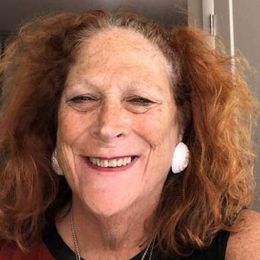Remembering President Kennedy: Sixty Years Later
In the same way that almost everyone remembers where they were when they heard about 9/11, most people remember exactly the moment they heard about JFK's death
It was November 22, 1963, just another normal school day. At 1 PM, I had only two concerns. One was the spelling test we had taken that morning (I'm a good speller but two words had stumped me). The other was worrying that my mother, who was a pretty bad cook, would be making one of her two "specialties" for dinner (gluey spaghetti or grayish green meatloaf).
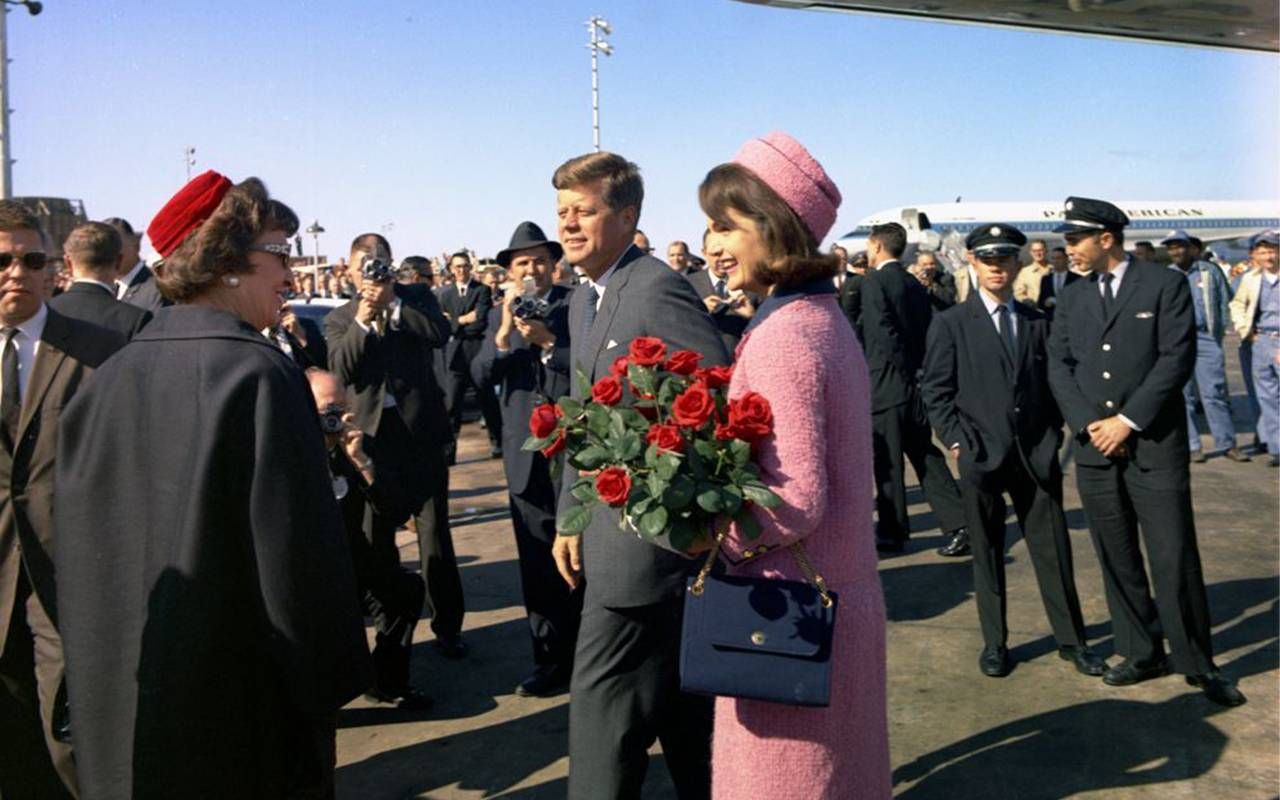
Soon after, there was a knock on the door, and the principal, a scary looking woman with rhinestone-studded eyeglasses, motioned for my teacher to come into the hall. When she came back in, Mrs. Bromberg, always calm and composed, was sobbing. "The President has been shot," she told my sixth-grade class, and audible gasps were heard throughout the room. Then silence, deadly silence, as we waited for more news.
They sent us home early, and my mother picked me up at school, eyes reddened, mascara smeared down her cheeks, looking as if her best friend was forever gone.
"President Kennedy is dead," my mother told me. Life would never be the same.
"President Kennedy is dead," my mother told me.
Life would never be the same.
Jackie Kennedy, just days after her husband's death, held an interview with a Life Magazine journalist, in which she quoted the ending lines of the final song in a popular Broadway musical, ostensibly a favorite of JFK's. "Don't let it be forgot, that once there was a spot, for one brief, shining moment that was known as Camelot. There'll be great presidents again . . . but there will never be another Camelot."
Forever Engraved on Our Hearts and Souls
Sixty years after his assassination, I am flipping through Clint Hill's 2013 book "Five Days in November," replete with photos forever engraved on our hearts and souls. Author Clint Hill, a retired U.S. Secret Service agent, was the man who, when shots were fired, jumped on the back of the limo, attempting to shield the President and his wife.
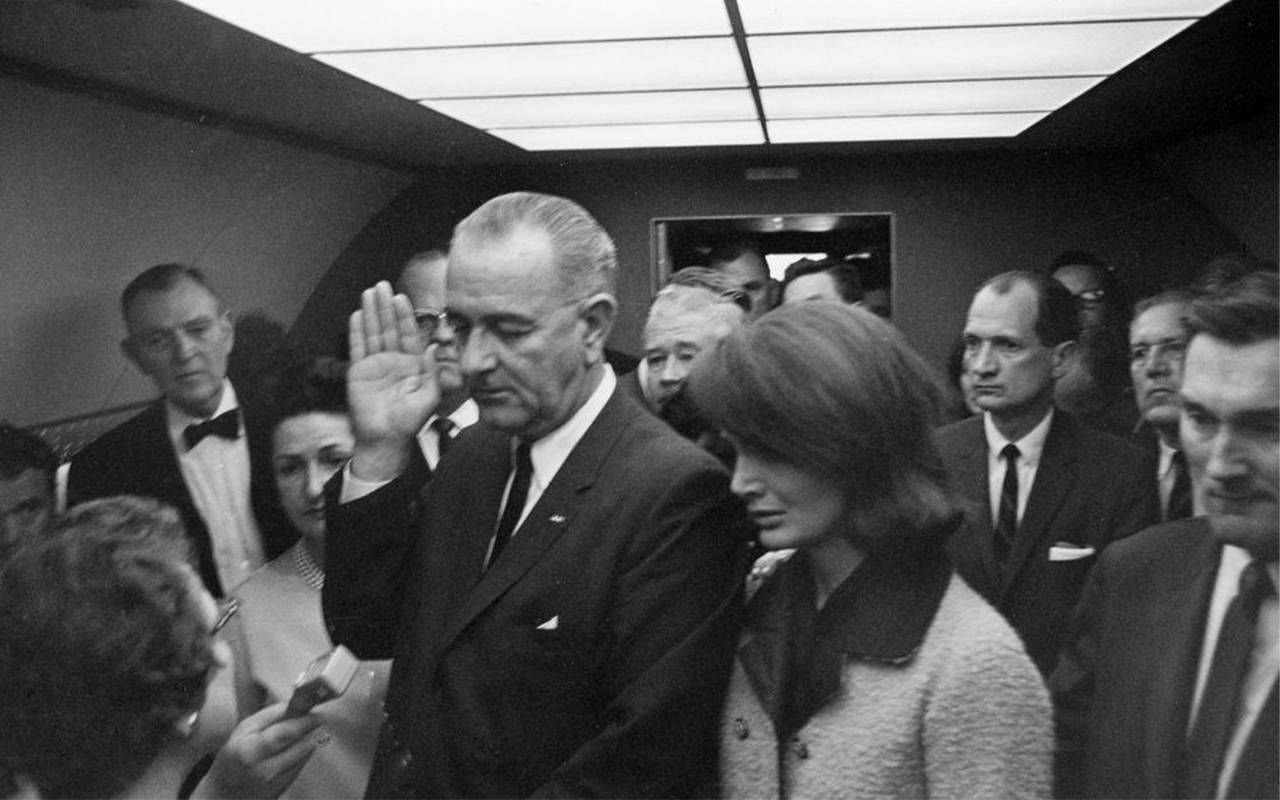
The images are stunning. There is JFK and Mrs. Kennedy riding in the open-air Presidential limousine, beaming at the crowd. Jackie is wearing her stylish pink suit, her signature pillbox hat perched atop her beautifully coifed hair. There is the heartbreaking picture of the First Lady crouched on the car's trunk, desperately reaching to retrieve some of her husband's spewed brain matter. There is the photo of Lyndon Johnson, his right arm raised as he is being sworn in as our next President, flanked by Lady Bird and Jackie, still clad in her bloodstained suit that she refused to take off.
Perusing these, sixty years after his assassination, I am surprised to feel tears welling up in my eyes. I am not someone who cries easily, but President Kennedy and Jackie were my heroes. I remember my shock, my horror, and my inability to fully grasp that a beloved President of the United States could be gunned down in an act of insanity.
We Remember
In the same way that almost everyone remembers where they were when they heard about 9/11, most people remember exactly the moment they heard about JFK's death.
Paula B., a retired R.N. now living in Northridge, CA., was 8-years-old at the time, and remembers being in the school's auditorium for the weekly assembly. "I can vividly see the room with the hard wooden chairs, and I can still hear the gasps of breath followed by utter silence after the news was shared. I didn't understand the magnitude or impact of his death, but I did know something terrible had happened."
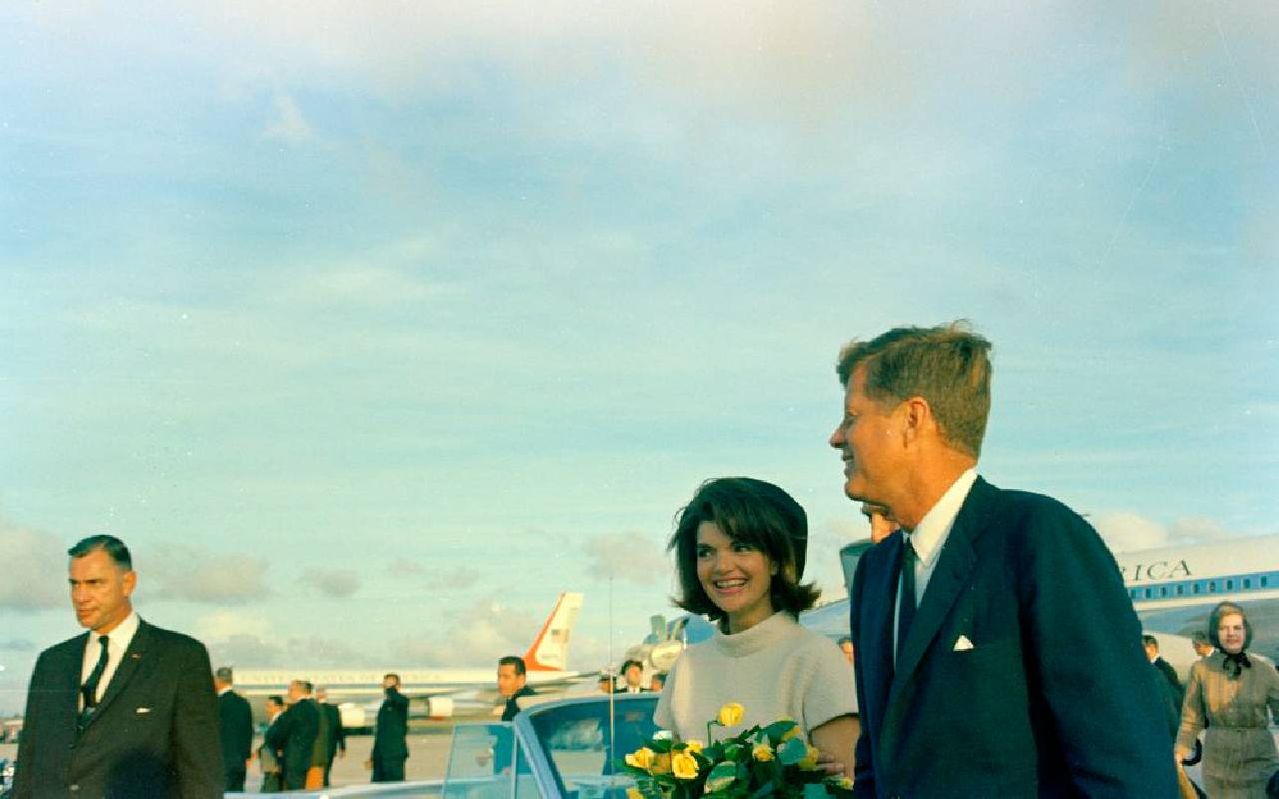
Sharon M.K. of Philadelphia was walking home from elementary school with friends when the crossing guard told them about the president's assassination. "I remember feeling so sad. My brother Norm and I went ice skating that evening. We tried to have fun but sadness was everywhere. The Sunday newspaper had a full-page color picture of JFK, which I put up on the wall of my bedroom."
Stephen K., also from Philadelphia, was a 7th grader who had an after-school dental appointment on the day JFK was killed. "Afterwards, as my mom and I rode home on the # 6 trolley, all the riders were sitting in stunned silence. Some were reading the evening Bulletin, and the image of the all-caps headline – 'Sniper kills Kennedy' has been burned in my mind forever. That day and the three that followed were surreal."
Two days after the shooting, JFK's assassin Lee Harvey Oswald was being transferred from police headquarters to the county jail. Along with millions of other Americans, I watched the live television coverage as Oswald was shot and killed by nightclub owner Jack Ruby. Oswald died two hours later at Parkland Memorial Hospital, the same hospital that had been unable to save President Kennedy. I can only imagine what the nursing and medical staff must have felt as they attempted to care for the president's killer.
A Legacy Far From Perfect
John F. Kennedy did some important things for our country in the short time he was president. The spring 2017 issue of Prologue Magazine (a now-defunct publication put out by the National Archives and Records Administration), declared that "During the most perilous days of the Cold War, and amid the rising dangers of the nuclear age, John F. Kennedy lifted the spirits of people around the globe with his courage, his confidence and the sheer power of his personal magnetism. And his vision electrified a generation, as untold numbers of citizens answered the call to service that he issued with the now immortal words, 'Ask not."
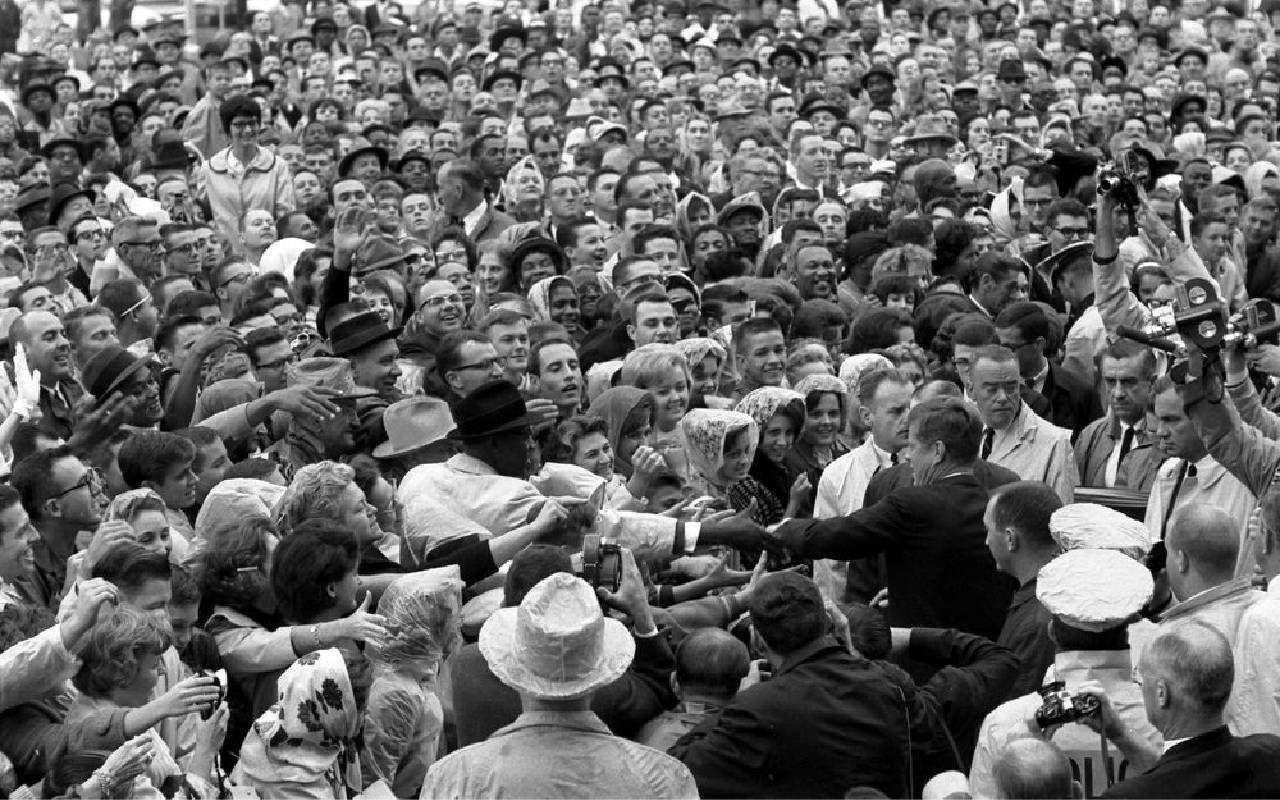
JFK founded the Peace Corps and championed the U.S. space program, striving to have an American land on the moon before the end of the decade. He authorized the Alliance for Progress, designed to promote human rights and prevent violent revolution in Latin America. He defined civil rights as not just a constitutional issue but also "a moral issue ... as old as the scriptures and as clear as the Constitution." He proposed the Civil Rights Act of 1963, whose goal was to protect every citizen's right to vote, end segregation in public facilities and require integration of public schools. The year after his death, the Civil Rights Act of 1964 was enacted, making discrimination in public facilities and federally funded programs illegal. Many of the proposed major initiatives of Kennedy's New Frontier programs, involving economic and social reforms aimed at helping those living in poverty, were not passed until President Johnson's period in office.
Although beloved and venerated by many, JFK was far from perfect. Some feel that the measures he took concerning civil rights and equality for all were not as strong nor taken as early in his presidency as they could have been. There was the botched Bay of Pigs Invasion, followed by a spine-tingling but ultimately peaceful resolution of the Cuban Missile Crisis.
JFK founded the Peace Corps and championed the U.S. space program.
His personal life left much to be desired. JFK was a compulsive womanizer who left his very pregnant wife to go cavorting around Europe. It seems that Mrs. Kennedy was aware of his indiscretions throughout their marriage but, as we all know, life is complicated and there are always choices to be made. Jackie chose to stay with her husband, and, right after his death, perpetuated the Camelot myth of the ideal marriage, the loving husband, the adoring wife, the perfect family.
Of that perfect family of four, Caroline Bouvier Kennedy, U.S. ambassador to Australia, wife of a designer, author and artist and the mother of three, is the only one left.
A lump in my throat, I stare at more pictures — the Kennedy youngsters with their pony, Macaroni, John F. Kennedy Jr., (who shall forever remain John-John to me,) saluting as he stands alongside his father's casket, and Caroline playing underneath her father's desk in the Oval Office. Little Caroline Kennedy is now a grandmother — how can that be? And how can I — that eleven-year-old who watched history unfold — now be 71? Thankfully I'm still here, still vibrant, but so nostalgic for that magic time when my future, like my country's, was on the cusp of a new frontier filled with possibility and promise.
